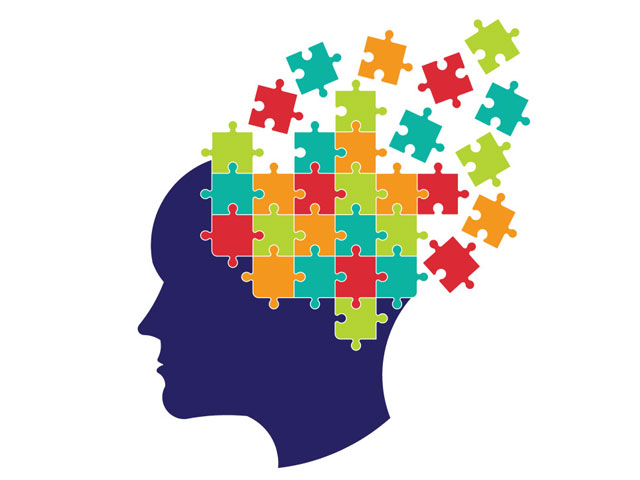
What is autism?
Autism is one of the four developmental problems under the heading of Pervasive Developmental Disorders (PDD). It shows itself before the age of 3 and goes a lifetime long.
The term was first used by German psychiatrist Eugen Bleuler who wanted to differentiate severe schizophrenia cases back in 1911, from the Greek word “autos”, which means “self”. However in 1943, a US child psychiatrist realized that some kids diagnosed as schizophrenia might be suffering something else. He observed that they were different in four traits:
- Their disabilities showed up before the age of 30 months.
- Speech was significantly delayed
- Their social development was weak, typically refusing physical contact such as hugging and embracing.
- They were insisting on maintaining certain patterns while playing and reacting to change.Today, we clearly know autism is not a type of severe schizophrenia and it differentiates from other disorders. We also found out that early signs can be viewed even before 18 months by simple tests.
Risk Factors
As much as modern day science knows, we can’t be talking about a single cause. The evidence researchers have gathered pinpoint 4 related factors:
- Higher aged parents are more likely to give birth to autistic babies
- Some genetic conditions look like they have a role, such as tuberus sclerosis or fragile X syndrome
- Birth complications seem to be increasing the risk
- Having an ASD brother or sister
Signs of Autism
This disorder shows itself in patterns of behavior and social skills, thus there are numerous clues for a careful eye:
- Your child doesn’t seem to pay attention when you call his or her name
- Both eye contact and facial expressions are poor if any
- The child doesn’t share interests
- He/she doesn’t like cuddling
- Likes playing alone
- Has repetitive body movements
- Has specific routines and gets angry with the slightest change
- Gets locked with details of objects like the spinning of washing machines
What is Autism Spectrum Disorder (ASD) Then?
Not all autistics are the same and believe it or not some are world famous by their intellectual skills. Still lacking some social and developmental, like 1% of all cases perform extensive skills. Albert Einstein, Oscar winning actor Anthony Hopkins, Elon Musk are well known examples and such cases are called Asperger’s or High Fuctioning Autistics. These terms describe cases that can read, write, learn and complete self-care tasks independently while having social interaction problems.
Are There Any Treatments?
There is no universal standard for the treatment of autistic people but there are many ways to make them feel better and healthier. These treatments focus on improving core functions so that they can at least take self-care.
Out of a dozen of approaches, families must first learn the severity of their child’s case and choose out of these possible interventions. The ASD person can significantly improve by some of these options:
- Nutritional therapy
- Physical therapy
- Medication
- Socializing classes
- Parental therapy
- Behavioral therapy
- Cognitive behavior therapy
- Language-speech therapy

